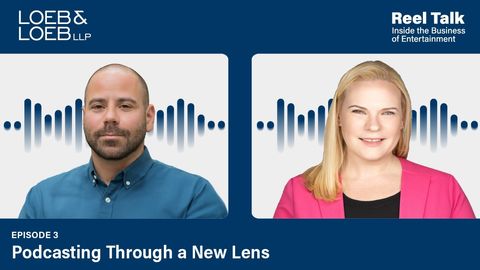Humane has launched public orders for its AI Pin. According to founders Imran Chaudhri and Bethany Bongiorno (former Apple employees), "This is more than a launch—it's the beginning of a new era".
At Paris Fashion Week, the fashion community had an early glimpse of the AI Pin's look, although not its functionality. In support of their “forward-thinking fashion" vision “that design, creativity and technology can be a huge driver and cultural force for change" (Naomi Campbell Debuts Humane AI Pin at Coperni's Paris Fashion Week Show - Decrypt (inferse.com)), Coperni designers Sébastien Meyer and Arnaud Vaillant adorned Naomi Campbell and other models in their fall show with a prototype of the AI Pin. The models didn't interact with the device, so “it was impossible to judge except on its aesthetics” and “the pin didn’t add any sort of design element to the clothes” (Wearables Resurface at the Paris Shows of 3 Fashion Brands - The New York Times (nytimes.com)).
So what does the AI Pin do? Humane's demo video ((https://vimeo.com/882968794) shows use of the AI Pin to provide nutritional advice, track health goals, purchase items from retailers, make personalized dining recommendations and listen to music, all using touch, voice, hand gestures and a “laser ink” display projected onto the palm. Access to ChatGPT is also a core feature. In the demo, Humane's founders tout the privacy and data security features:
It’s not always listening or always recording. In fact, it doesn’t do anything until you engage with it. ...The trust light indicates when its input, optical or audio sensors are active, ensuring full transparency and data security.
These claims may be reactive to the current state of public opinion concerning AI technology, and the FTC's focus on how companies are using AI technology. Recent surveys by The Pew Research Center reveal that a substantial majority of Americans remain wary of AI generally, don't trust AI companies to use the technology responsibly, and lack confidence that the data collected by AI tools and devices will be used as originally intended. The FTC has stated that it is paying particular attention to uses that “deliberately or not, steer people unfairly or deceptively into harmful decisions in areas such as finances, health, education, housing, and employment.” (https://www.ftc.gov/business-guidance/blog/2023/05/luring-test-ai-engineering-consumer-trust).
In light of the AI Pin's health and wellness features, it is also worth considering whether it could be subject to regulation by the FDA as a “medical device,” which is defined, with limited exceptions, to include any device that is intended to assist in the diagnosis, treatment, mitigation or cure of a disease or condition or otherwise intended to affect the structure or any function of the body. Examples of regulated personalized use devices include those intended to assist users in diagnosing insomnia or obesity, as well as those intended to help users reduce high blood pressure or reduce anxiety—all of the FDA categorizes as “disease state” conditions. Medical device manufacturers and distributors are subject to wide range of regulatory responsibilities, including those related to labeling and advertising, reporting of adverse events, good manufacturing practices, and potentially pre-market notification to FDA, among others.
For a device like the AI Pin that claims to focus largely on “health and nutrition” information (at this stage), it is crucial to analyze which claims and features would cause the product to be actively regulated as a device, as compared to those that fall within the “general wellness product” category, and are excepted from active FDA regulation (https://www.fda.gov/media/90652/download). Such products include software and hardware devices that are (1) low risk (e.g. not implanted, invasive, or otherwise pose safety risks), and (2) make claims related to “encouraging a healthy lifestyle” while avoiding any claims to treat, diagnose or cure a disease. For example, if the AI Pin’s claims only relate to helping users with “relaxation or stress management,” the product may not be a device, while an anxiety claim would trigger regulation. Likewise, claims to tracking exercise, promoting healthy weight management, healthy nutrition or assisting users with sleep management are appropriate general wellness claims, while any express or implied claims related to obesity, diabetes or insomnia are not.


/Passle/63ef8bdcf636e911c850090e/SearchServiceImages/2026-02-13-18-50-31-701-698f727799773b21433a7328.jpg)
/Passle/63ef8bdcf636e911c850090e/SearchServiceImages/2026-02-08-02-56-17-355-6987fb51644a11e11ab82944.jpg)
